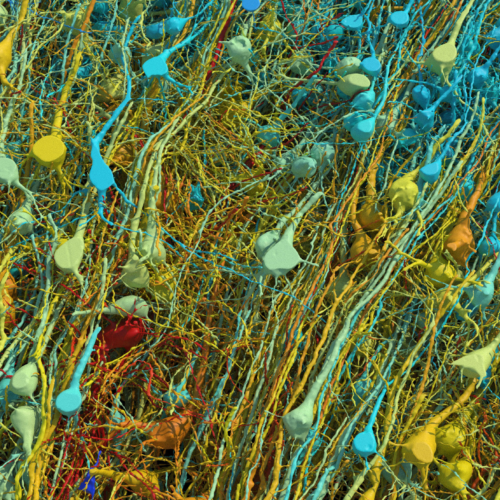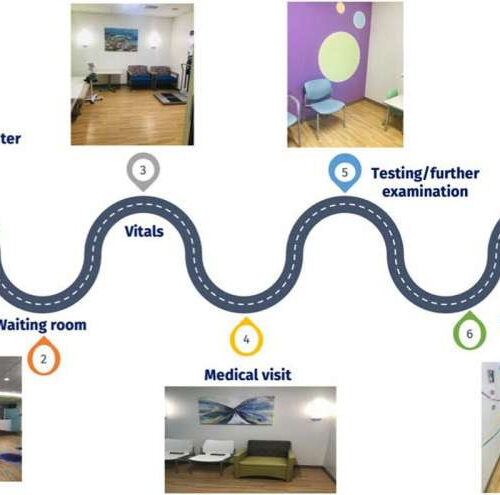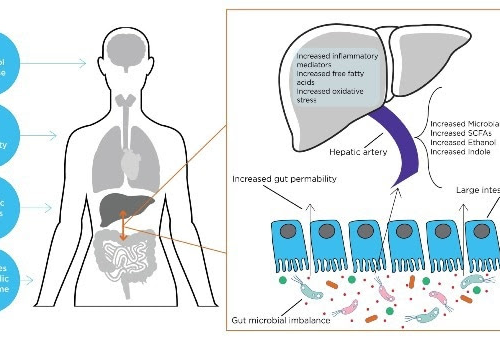By Smriti Mallapaty A black and white cow with yellow ID tags in it’s ears grazes in a field at a dairy farm in California. Dairy cows in nine US states have tested positive for the H5N1 influenza virus, but tests have found no infectious virus in pasteurized milk.Credit: Justin Sullivan/Getty Researchers worry that insufficient...
Category: <span>Clinical Practice</span>
Inappropriate Medication Use Persists in Older Adults With Dementia
Heidi Splete May 14, 2024 Medications that could have a negative effect on cognition are often used by older adults with dementia, based on data from approximately 13 million individuals presented at the American Geriatrics Society (AGS) 2024 Annual Scientific Meeting. Classes of medications including anticholinergics, antipsychotics, benzodiazepines, and non-benzodiazepine sedatives (Z drugs) have been...
The burgeoning field of brain mapping
BIOTECHNOLOGY AND HEALTHJust like real atlases, brain atlases vary widely in scale and content.By Cassandra Willyardarchive pageMay 10, 2024“”This rendering shows all of the excitatory (pyramidal) neurons in a part of the brain sample, at varying degrees of magnification and tilt. They are colored by size; the cell body (central core) of the cells ranges...
Study reports ‘excellent’ outcomes for patients receiving optimized treatment for atrial fibrillation
by Mass General Brigham 12 lead ECG showing atrial fibrillation at approximately 150 beats per minute. Credit: James Heilman, MD/Wikipedia/CC BY-SA 3.0Atrial fibrillation (AF) is the most common form of arrythmia or irregular heartbeat worldwide, impacting millions of people in the U.S. alone. In a study published in Heart Rhythm, researchers from Brigham and Women’s...
Climate change is linked to worsening brain diseases
by Sanjay Sisodiya and Mark Maslin, The Conversation Credit: Pixabay/CC0 Public DomainClimate change is making the symptoms of certain brain conditions worse, our new review published in The Lancet Neurology has found. Conditions that can worsen as temperature and humidity rise include stroke, migraines, meningitis, epilepsy, multiple sclerosis, schizophrenia, Alzheimer’s disease and Parkinson’s. Our brains...
Pancreatic Fat Is the Main Driver for Exocrine and Endocrine Pancreatic Diseases
Zeel Mehta April 26, 2024 TOPLINE:Excessive intrapancreatic fat deposition (IPFD) leading to fatty change of the pancreas (FP) was prevalent in almost 18% of participants in a large population-based cohort, and both IPFD and FP were associated with an increased risk for diabetes, acute pancreatitis, and pancreatic cancer. METHODOLOGY:Excessive IPFD is a common pancreatic disorder...
Researchers report on designing autism-inclusive health care environments
by Marilyn Perkins, Thomas Jefferson University Journey Map. Credit: PI at Swank Autism Center in Wilmington, DE, 2021Autism is the most common neurodevelopmental disorder in the U.S., affecting an estimated one out of 36 children. Most people with autism experience unique sensory features such as differences in reactivity to touch, sounds, and sights or difficulty...
EHR Copy and Paste Can Get Physicians Into Trouble
Leigh Page Physicians who misuse the “copy-and-paste” feature in patients’ electronic health records (EHRs) can face serious consequences, including lost hospital privileges, fines, and malpractice lawsuits. In California, a locum tenens physician lost her hospital privileges after repeatedly violating the copy-and-paste policy developed at Santa Rosa Memorial Hospital, Santa Rosa, California. “Her use of copy...
FDA adds Fasenra indication for severe asthma in children
by Lori Solomon The U.S. Food and Drug Administration has approved an additional indication for AstraZeneca’s Fasenra (benralizumab) as an add-on maintenance treatment for patients aged 6 to 11 years with severe asthma and an eosinophilic phenotype. This indication was supported by evidence from the Phase III TATE trial, as well as data from additional...
What are the links between liver disease and the microbiome?
Content by Owlstone Medical LtdReviewed by Louis Castel The gut-liver axis is the term used to describe the two-way relationship between the gut microbiome and the liver. This relationship stems from the integration of signals produced by various factors such as diet, genetics, and the environment. The liver and the gastrointestinal tract are connected by...








